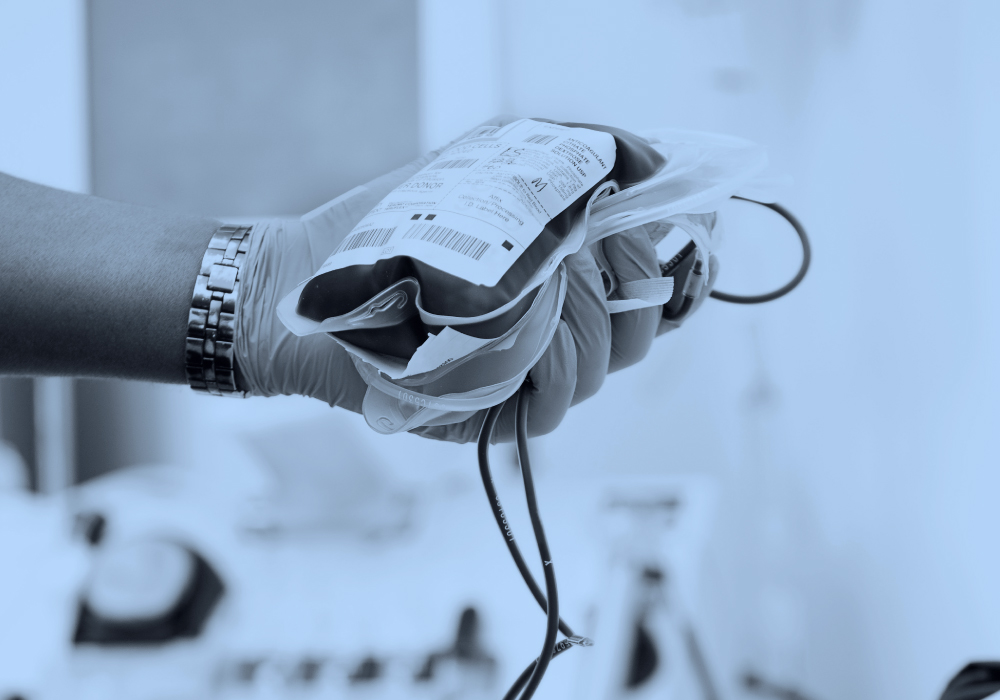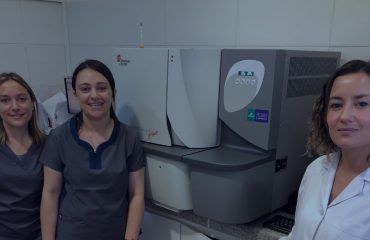On May 30, a talk was held by CERUS, in order to review the state of affairs in Latin America with regard to transfusion-transmitted infections, evaluate the efficacy of products (inactivated vs. conventional) and learn about the experience of the Honduran Red Cross in implementation.
The MD, PhD Michel Andres Garcia-Otálora from Colombia, presented the strategies that are being used in different countries to reduce bacterial contamination in blood components and the difficulties generated by not having adequate hemovigilance reports throughout the region, which allow the impact of the measures to be evaluated over time.
The safety and efficacy of inactivated platelets was evaluated through a study carried out in Barcelona by the MD, PhD Joan Cid. In it, it is concluded that the efficacy of inactivated and conventional platelets is statistically comparable and that patients transfused with INTERCEPT-inactivated platelets have a lower mortality rate (for different causes) than those treated with conventional platelets.
Finally, together with the MD, MBA Glenda L. Arriaga, the impact of the implementation of platelet inactivation in the Honduran Red Cross, an organization responsible for 70% of the blood components transfused in the country, was presented. In addition to mitigating the risk of bacterial contamination, The increase in the stability of the product has made it more accessible to distant places and causes less product discarding.
To watch the webinar on demand, click Click here.



